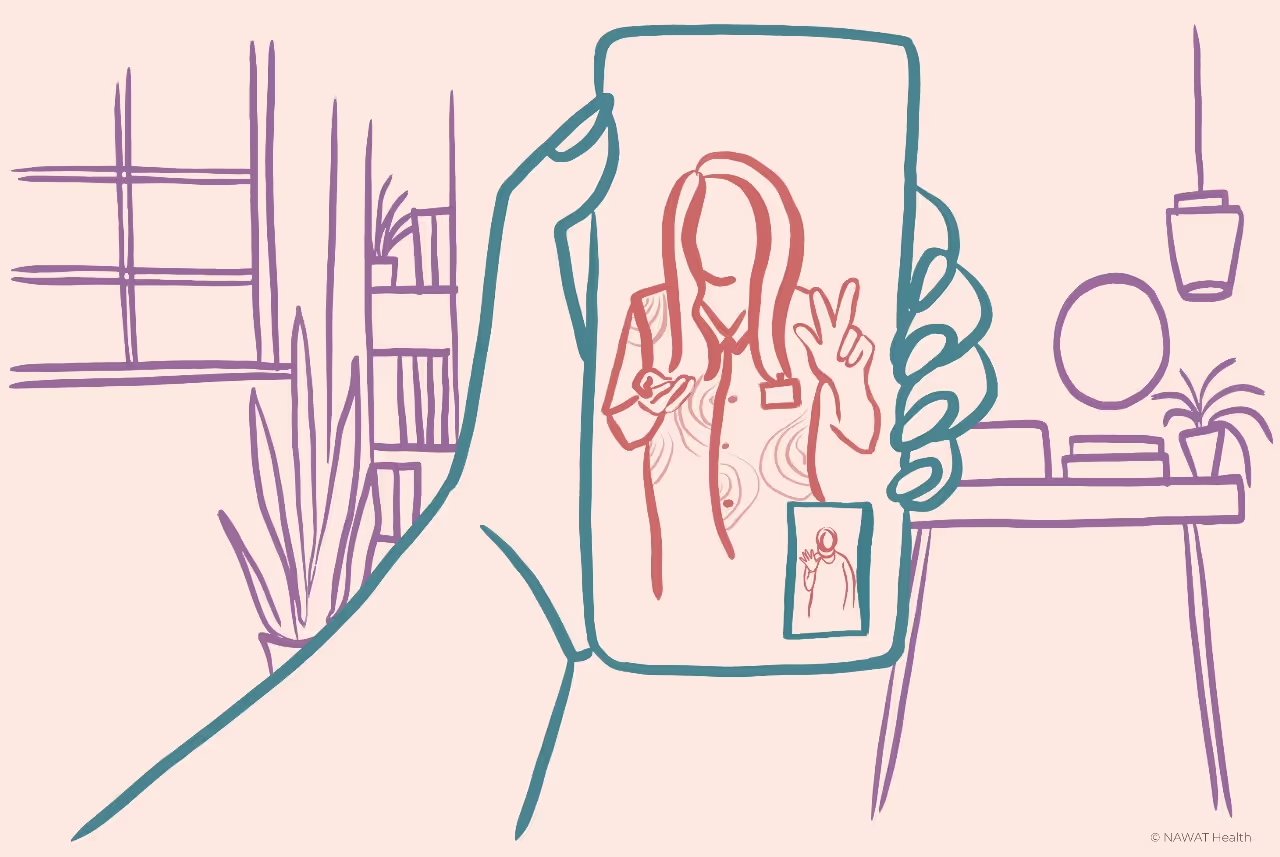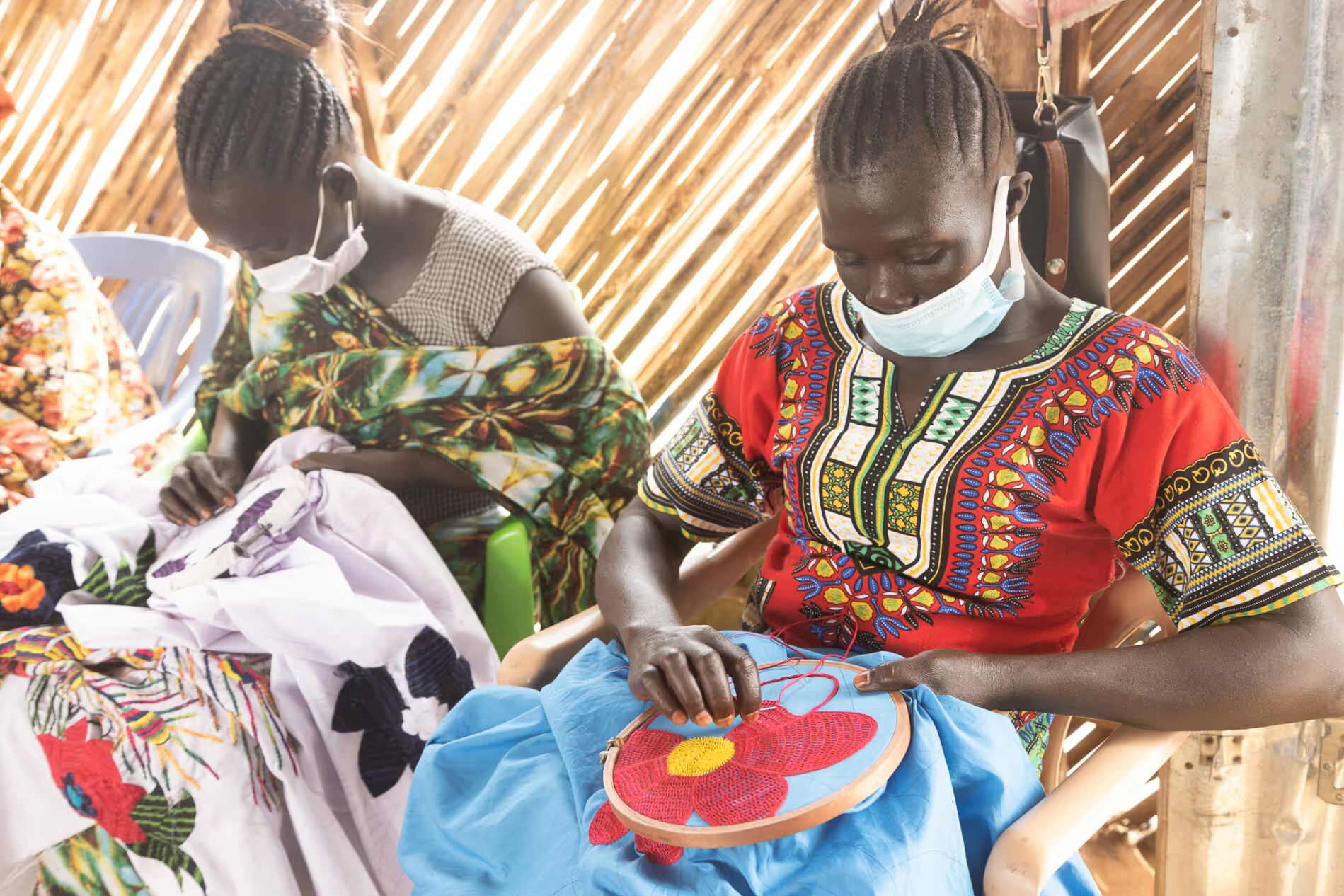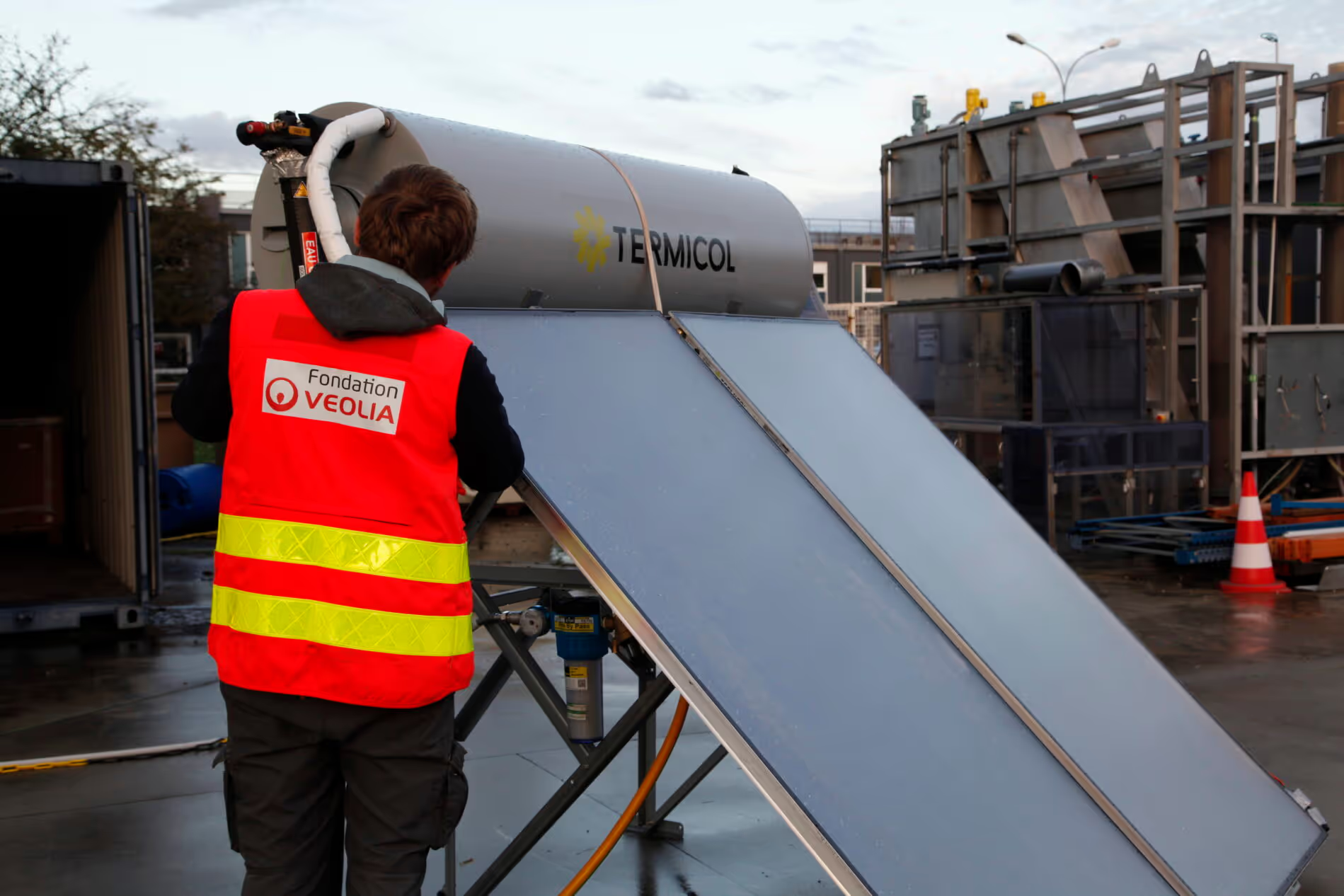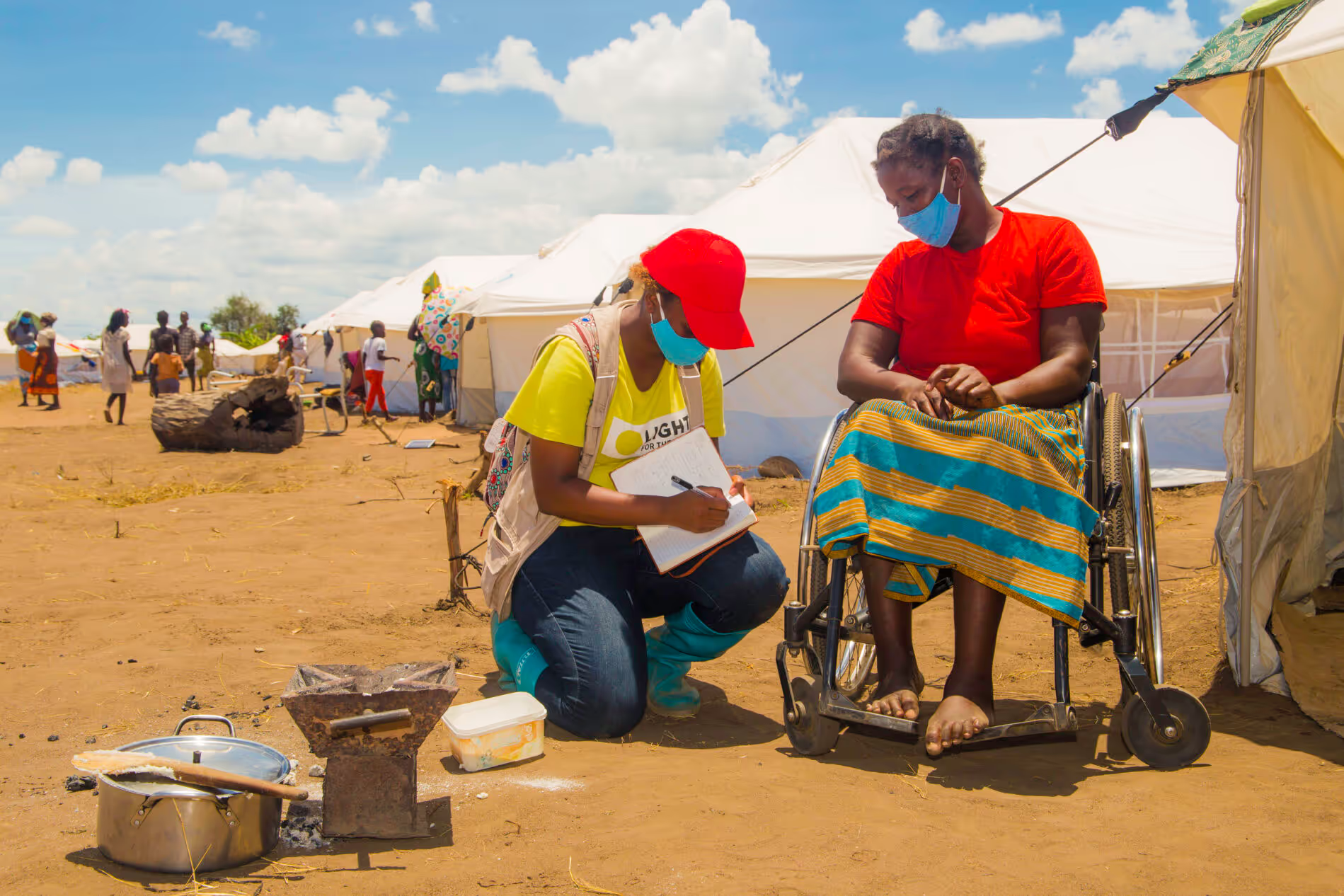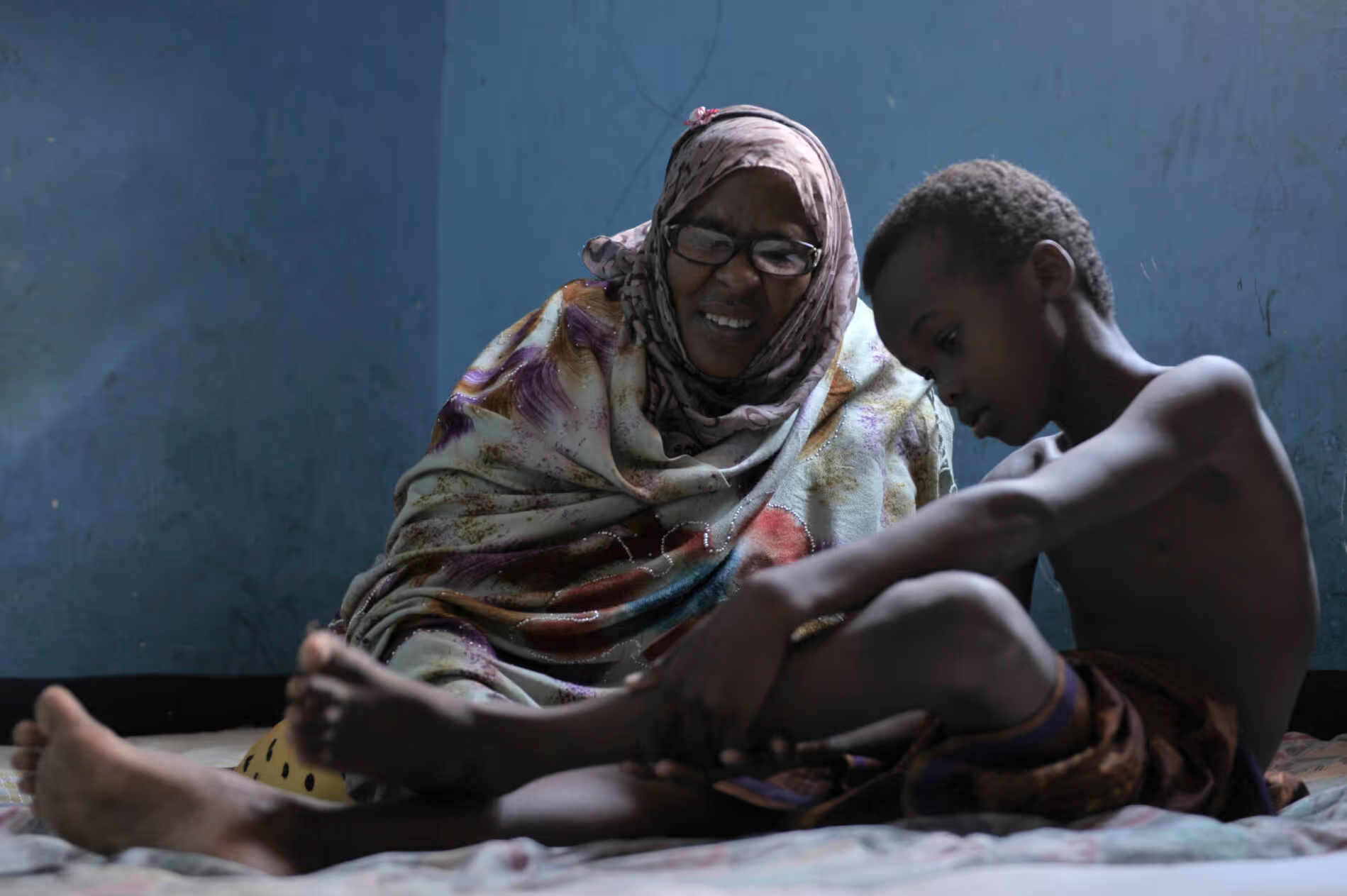Strengthening Child-Friendly Sanitation in Rohingya Refugee Camps
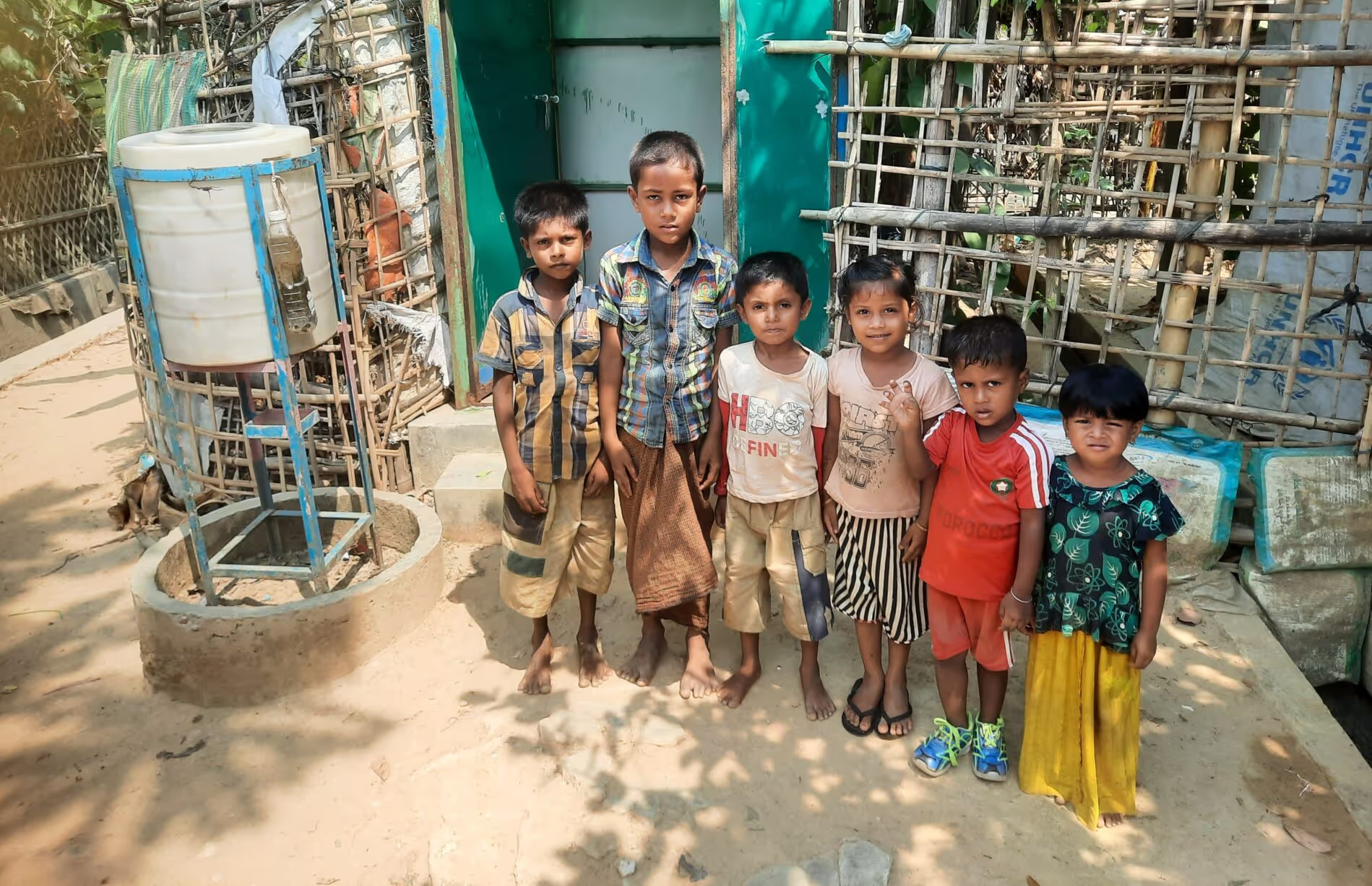
Project overview
The User-Centred Community Engagement (UCCE) method will be adopted to design child-friendly latrines and hand washing stations, enhancing the use of WASH facilities among children and controlling disease outbreaks
Project solution
This project offers [specific solution or intervention] to tackle [challenge]. By implementing [strategies, tools, or innovations], the project aims to achieve [desired outcomes]. The approach is designed to [specific actions or methods] to bring about meaningful change in [community, region, or issue area].
Expected outcomes
This project aims to achieve [specific outcomes], such as [measurable results, improvements, or changes]. The expected impact includes [benefits to the target community, advancements in research or innovation, or long-term effects]. By the end of the project, we anticipate [specific changes or milestones] that will contribute to [broader goals or objectives].
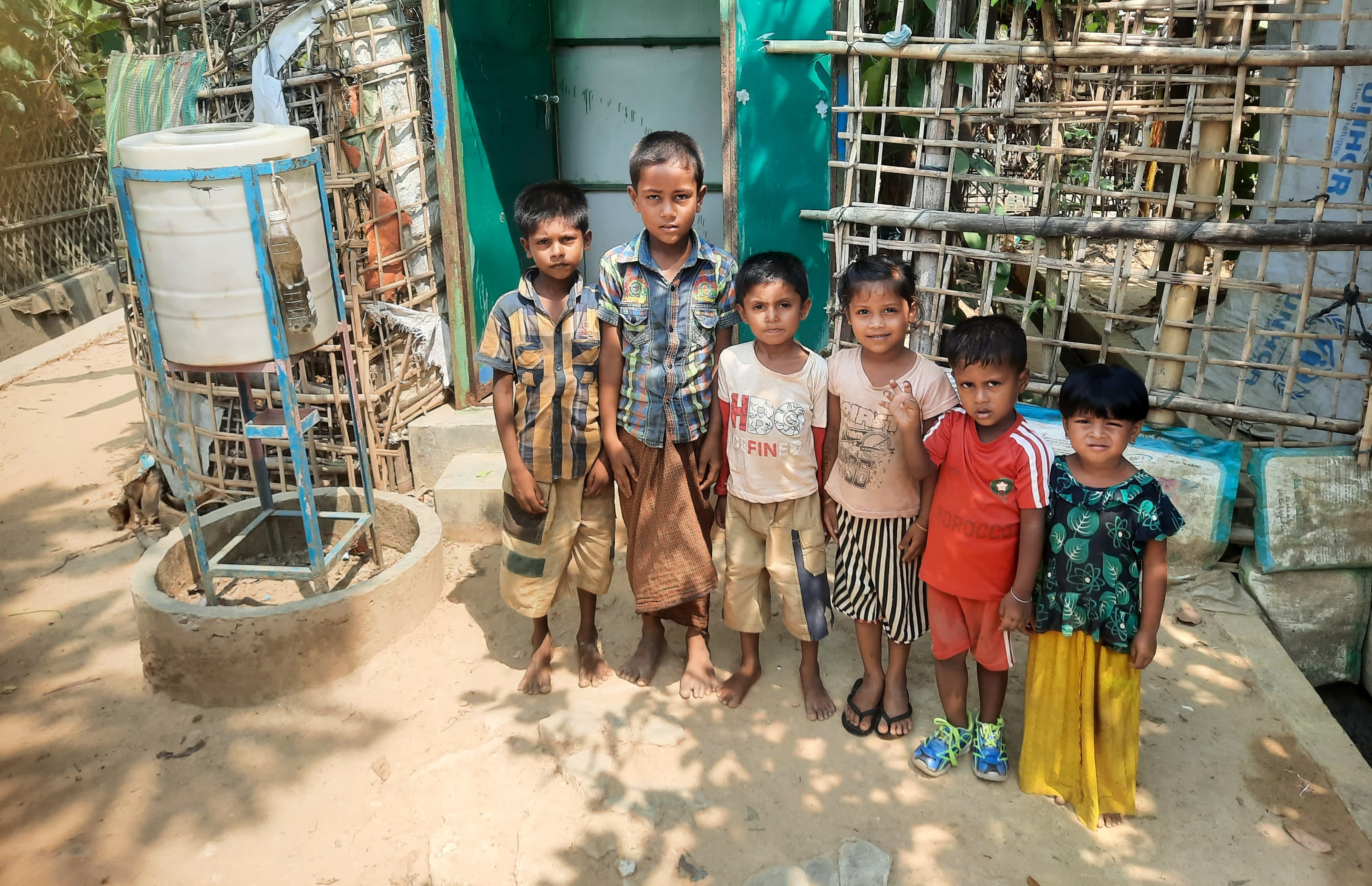
WHAT HUMANITARIAN NEED IS BEING ADDRESSED?
Most of the time, emergency response programs prioritise adult needs rather than children's’. As a result, children living in refugee camps face obstacles when using latrines, and hand washing stations. The poor condition of WASH facilities enhances the risk of slipping and falling inside the restrooms, encouraging the children to resort to open defecation and improper handwash practice. This practice in turn enhances the risk of developing waterborne and helminthic infections among camp residents despite rigorous disease control measures by public health professionals.
WHAT IS THE INNOVATIVE SOLUTION BEING ADOPTED AND HOW WILL IT IMPROVE EXISTING HUMANITARIAN PRACTICE?
The UCCE method will be used to bring out community-centred solutions.
This will be done in 3 phases:
- Preparatory Phase: We will conduct an Interactive digital survey among children aged 6 to 12 to identify barriers to using existing WASH facilities.
- Implementation Phase: We will arrange a Co-Creation session with children and their caregivers to identify solutions for selected WASH-related problems identified from the survey. Based on their suggestion, 80 latrines and 80 hand washing stations will be developed and modified.
- Evaluation Phase: We will conduct another interactive digital survey and qualitative evaluation to understand the implementation uptake. It will enable us to identify barriers, benefits, and opportunities to scale the approach in other humanitarian settings.
WHAT ARE THE EXPECTED OUTCOMES OF THIS PROJECT?
We hypothesize that our primary expected outcome will be a 60% increase in user satisfaction with the latrine and handwashing facilities. Additionally, reported use of latrine and handwashing facilities will increase from 30% at baseline to 70% post-implementation among children. The cost of child-friendly latrine installation should be <;120% compared to traditional latrines.
Through qualitative evaluation, we will explore to what extent communities participated in the UCCE process and the extent to which implemented modifications in latrine and handwashing station design matched the their expectations. As well as identifying the barriers and enablers to use of WASH facilities by children living in FDMN camps.
Project delivery & updates
Stay up to date with the latest developments from this project. Here, you will find details on what has been delivered, resources created, and regular updates as the project progresses. Access key documents, reports, and other materials to see how the project is making an impact.

